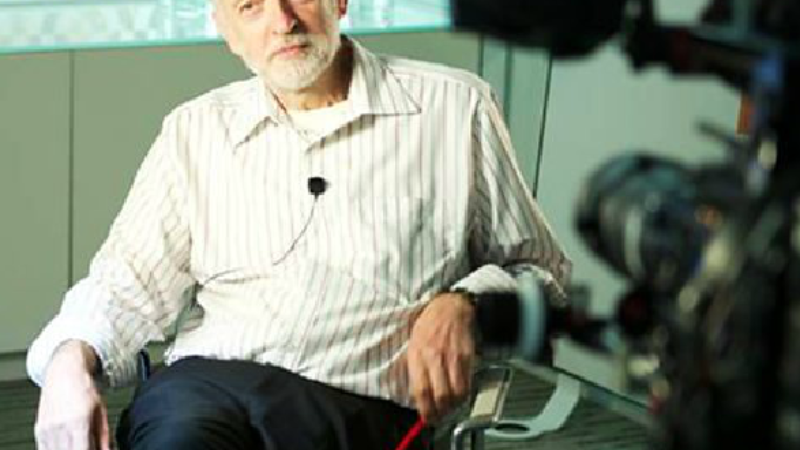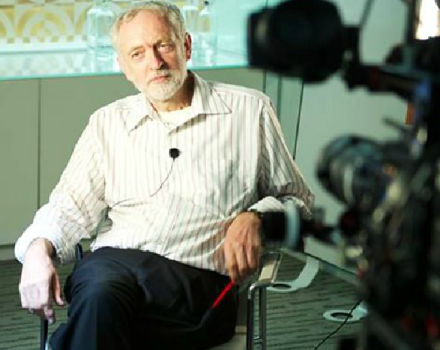

Last night BBC documentary programme Panorama turned it’s attention to leadership contender Jeremy Corbyn and gave us a glimpse of the kind of media coverage we can expect to see if he triumphs on Saturday.
I’m all for robust analysis of Corbyn’s ideas. As with all of the potential leaders, his policies should be probed and critiqued. But that’s not exactly what last night’s Panorama provided.
Here are three things that weren’t quite right about the documentary:
1) Corbyn was portrayed as out of touch but the documentary gave no real space for defence of his policies – Now 30 minutes isn’t a very long time to make such a defence. But high profile Corbyn critics Chris Mullins, Charles Clarke (Neil Kinnock’s former chief of staff), David Blunkett and Tristram Hunt were rightly given the opportunity to share their concerns over a Corbyn victory. Producers did give a bit of airtime to Corbyn’s supporters – including sizeable segment to comedian Gráinne Maguire – and the leadership candidate himself who briefly argued against austerity.
However, while giving the impression that Corbyn is unelectable no space was given to political supporters who might have offered some defence or explanations of his policies. There might be not be a groundswell of support for Corbyn in the Parliamentary Labour Party but it’s not as is Panorama didn’t have at least one interview to draw on. Diane Abbott, one of Labour’s London Mayoral candidates and a long-time Corbyn ally, gave a “long interview”, which was nowhere to be found.
https://twitter.com/HackneyAbbott/status/641141673452568576
2) Painting all of Corbyn supporters as misguided idealists – John Ware also suggested that Corbyn and his seemingly fanatical “believers” (he meant supporters) aren’t “bothered” about winning elections. Although the documentary noted Corbyn has significant support, these people were portrayed as mindless followers of a “protest politician” (suggesting he’s unelectable) – more interested in the ideal, rather than reality. Although some Corbyn supporters may well have said they aren’t concerned with electability this seems to be a small minority – giving the impression that this applies to all who are backing him isn’t accurate.
3) It didn’t give a great impression of unions – Corbyn wasn’t the only focus of this documentary; Unite’s general secretary Len McCluskey also had a starring role. In fact, it looks as though this Panorama special has been in the works for six months. Prior to the election it originally intended to focus on McCluskey and one of the country’s biggest trade unions, Unite, but changed tack when Corbyn’s campaign took off. Unite declined to take part in the documentary but it did feature segments of McCluskey’s speeches and didn’t represent the union in a positive light. Ware talked about the union’s financial “muscle” and just before showing excerpts of McCluskey’s speech at the Durham Miners’ Gala ,the event was described as displaying “visceral” left wing passion. None of this gives a great impression, in particular the latter description suggests an irrationality in the union’s and Gala attendants’ response to the Government. Ultimately, this buys into stereotypes of unions as thuggish.
This documentary won’t do anything to undermine Corbyn’s popularity among his supporters, but then again that wasn’t Ware’s aim. It was a programme for the public, not exclusively for members. It should send a very clear warning to Labour supporters, members and affiliates: this is just the beginning of the media’s skewed portrayal of Corbyn. Should he win on Saturday these misrepresentations need to be combatted because they’re unfair and they do nothing to help the Labour party.




More from LabourList
Government abandons plans to delay 30 local elections in England
‘The cost of living crisis is still Britain’s defining political challenge’
‘Nurses are finally getting the recognition they deserve’